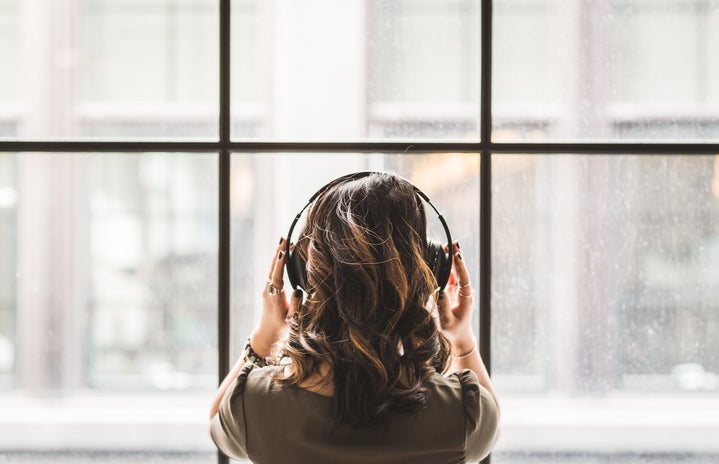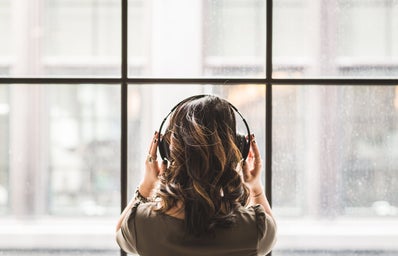At this time in 2016, women such as Beyonce and Ariana Grande hold a place in music; a place they made their own not only through talent, but through hard work and dedication. They pour soulful melodies out into crowds of people on a daily basis. Their art is one of perfection and independent creativity – but that independence, that freedom to create, has not been something forever present throughout history.
The Colonial Times up until the mid 19th century marked the first ounce of change in the progression of women in music. Before this time, the female accomplishment was just unheard of, forbidden, and even seen as a horrible mark on the family name. The common image of a woman in music was that of the “Piano Woman” because most women were expected to know how to play the piano as a social skill. It was not seen as an accomplishment, but a grace. They were allowed to play, but not to compose – they were pressured by their families not to create music because a woman with that kind of skill was seen as “out of her element” or “indecent.”
It wasn’t until after 1900 that the tides began to turn a different way. Women began receiving an education in music and after a few years, they ended up dominating the music world. According to the US Bureau of Census information, the proportion of women in “music and music teaching” rose to over 60% from 1870 to 1910. Even so, they still would use pseudonyms to hide their gender, as not to steer their audiences away.
In the 1940s, jazz opened musical pathways for women only to be immediately closed by the 1950s, in which women were ushered back into their aprons and kitchens.
Billie Holiday – Photo Courtesy of The Jazz Labels
With the ‘60s and ‘70s came rock’n roll music – and the freedom of women in music rolled in with it. Janis Joplin, Carole King, Joni Mitchell – the Runaways, Carly Simon, Pat Benatar – they led a music revolution and, whether they realized it at the time or not, a social revolution as well.
Carly Simon – Photo Courtesy of Rolling Stone
The ‘80s and MTV had a love child named Madonna, who through her magical stage presence and coolness proved that a woman can take over the world. Cyndi Lauper ran the scene too, with her quirky sense of style and upbeat anthems.
Madonna – Photo Courtesy of Death and Taxes
By the ‘90s, everything had fallen into place – a full infiltration into the music scene had occurred. With the emergence of new genres, women made their way into areas of music everyone was exploring together. It wasn’t about music for guys or music for girls: Men and women were trying to create music together; music everyone could listen to.
… Which leads us up to the present day.
Recently, I came across two posts; one that claimed women sexualizing themselves in music was demeaning and another claiming that the sexualization of women in music could be empowering.
Both posts were well-written, thoughtfully constructed, and certainly very meaningful to the authors who took the time to put them together.
So I brought up the posts with some friends. I read them each piece and asked them what they thought. Some agreed that sexualizing women in music is demeaning, others felt it was empowering. One friend looked at me and she said:
“You know, it can be demeaning or empowering to anybody, but frankly, I don’t think it even matters.”
It doesn’t matter.
After being a part of and kicked out of the music world multiple times throughout the years, after Billie Holiday sang out the blues to drown out her own, after Madonna declared she would take over the world and succeeded in doing so, after Pat Benatar and Fiona Apple and Destiny’s Child – after all of this, quite frankly, it doesn’t matter what we think about the sexualized woman in music – Whether or not we think it is empowering or demeaning.
It doesn’t matter. You know what does?
Her music. Because we have come too far from the days of stigmatized female composition not to appreciate the lyrical content of a woman’s song.
HC with care,
Megan Hammer
Sources:
http://parlorsongs.com/issues/2002-9/thismonth/feature.php
Photo Sources:
http://thejazzlabels.com/artist/billie-holiday/#.V_-9FugrLIU


